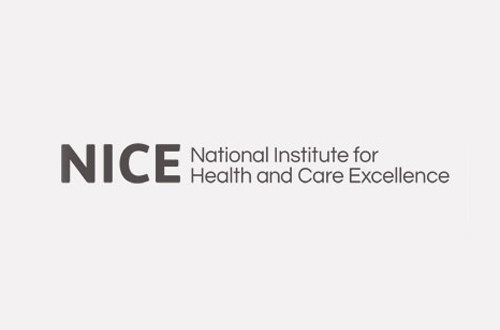
Patients could get access to some medicines three months faster under a new ‘fast track’ appraisal process proposed by the UK’s National Institute for Health and Care Excellence (NICE).
NICE says the ‘lighter touch’ scheme would be reserved for new drugs that are likely to be particularly cost-effective, in other words a cost per quality-adjusted life year (QALY) of no more than £10,000.
That is one third of the top end of the current QALY threshold for approval by the agency (£20,000 to £30,000), and to date only around 15% of all appraisals carried out by NICE come under that category.
The scheme relies upon early collaboration between drug developers, NICE and NHS England. Medicines qualifying for the fast-track process would have final NICE guidance issued directly after marketing approval.
“NICE needs to ensure that the weight and complexity of its appraisals are in proportion to the technical challenges and the risks posed by the evidence that it considers,” says the agency in a consultation document out for review until 13 January 2017.
Changes to the way NICE appraises new drugs have been on the cards for some time, amid repeated criticism that the current system is hindering access to important new therapies. Earlier this year for example a group of medical charities slammed what they described as “last-century methodology” being used by NICE in its reviews of cancer drugs.
Rare disease therapies
The new proposals also include a plan to give NICE greater input on the review of drugs for rare disease, which are handled under its Highly Specialised Technologies (HST) programme. At the moment, most decisions on funding for these therapies are carried out by NHS England.
The intention is to link the work of the two organisations and also introduce automatic funding from routine commissioning budgets for rare disease therapies with cost-effectiveness level of up to £100,000 per QALY. Treatments above this range would be considered by NHS England.
The proposals received a guarded response from the Association of the British Pharmaceutical Industry (ABPI), which said they will have “a significant impact on how new medicines will be brought to patients in the UK”.
The organisation’s chief executive, Mike Thompson, said the agency shares NICE’s aim of improving efficiency and managing affordability in the NHS, as well as making sure there is a reliable system for providing access to medicines for rare diseases.
“However, we think the thresholds and methodologies proposed in this consultation can be changed and improved,” he added.
The consultation document puts a number of other proposals on the table, including the introduction of a budget impact threshold of £20m per year to help manage the introduction of drugs that are cost-effective but have a very high price and so need special access arrangements.




